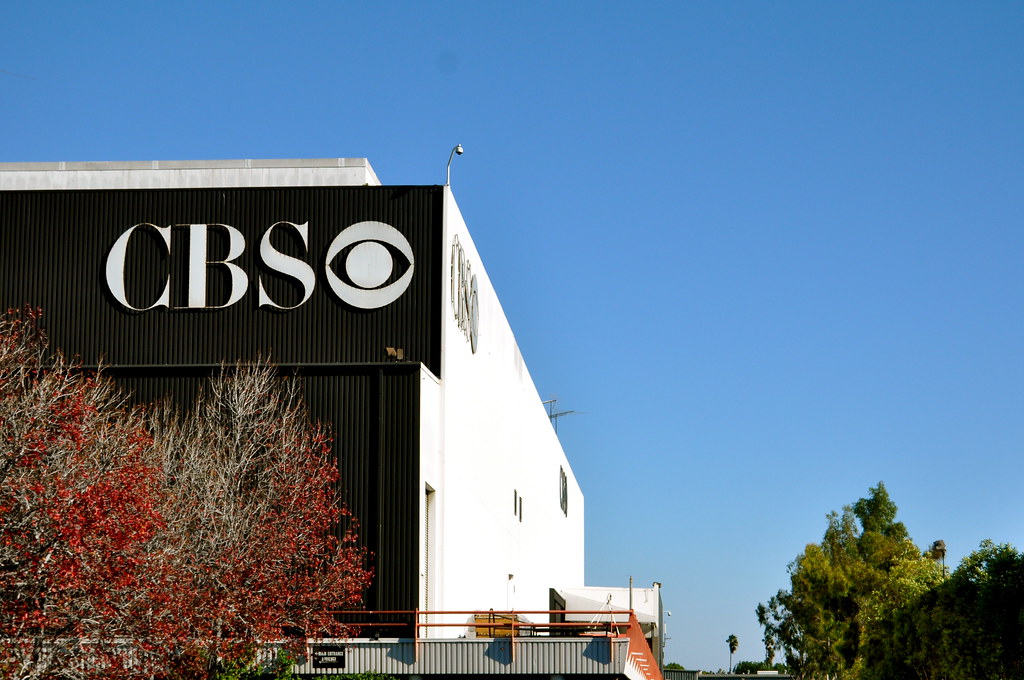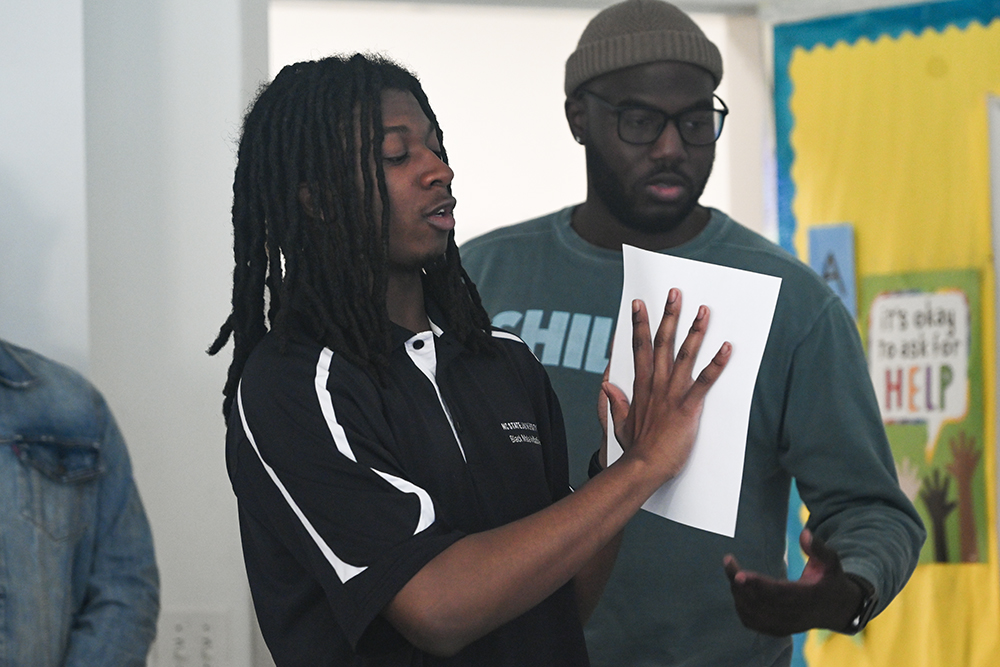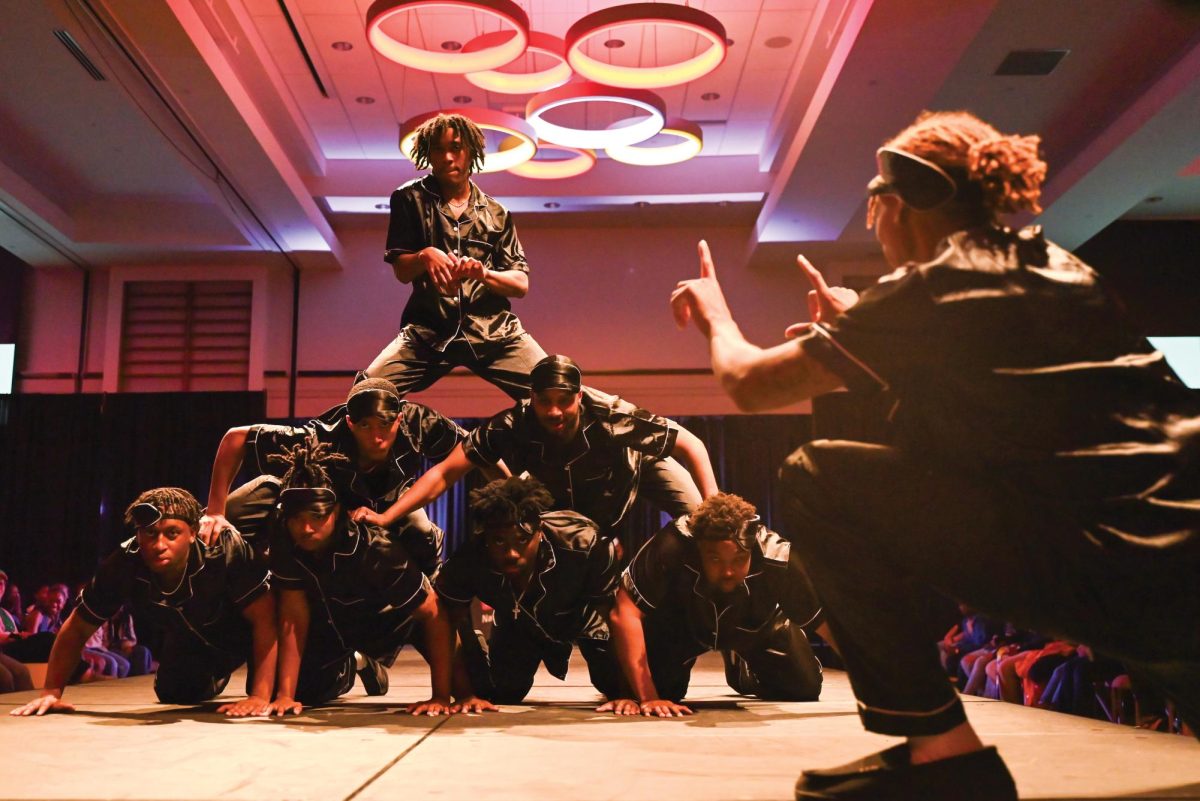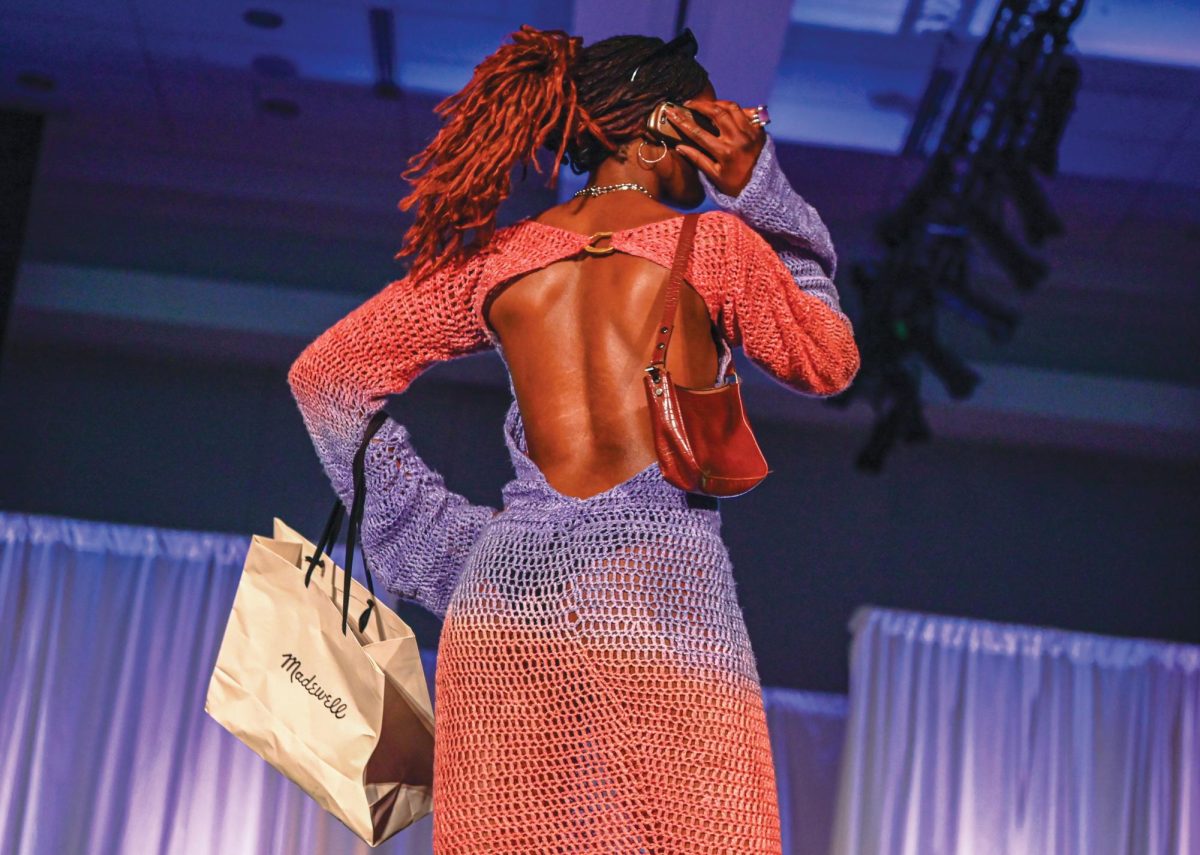Does love truly know no boundaries? The answer seems elusive considering that our everyday lives constantly create boundaries for interactions surrounding love.
Society sets rules and regulations for what love should look like. In the past, these rules and regulations stated Black and white individuals were not allowed to love each other. Those who broke these laws were often subjected to legal repercussions. Yet, many people pursued interracial love affairs despite the risk.
Anti-miscegenation laws, present during the Jim Crow era, strictly prohibited marriages between Black and white individuals. These racist laws left Black people bearing the brunt of legal consequences while their white partners evaded similar punishment.
Between 1928 and 1934, Jesse Williams was convicted four times for breaking miscegenation laws. In 1954, Linnie Jackson served five years in prison for marrying a white man. And, in 1958, Richard and Mildred Loving were arrested for living together in Virginia.
This led to the monumental U.S. Supreme Court case of Loving v. Virginia. The court struck down all state laws banning interracial marriage and labeled miscegenation laws as unconstitutional.
Following Loving v. Virginia, The US still had a long road ahead before social integration. Even sixty years after the Civil Rights Act of 1964, individuals still wrestle with the concept of interacting interracially, especially romantically.
I conducted an anonymous survey of 60 NC State students to help answer the question: What are the different perspectives on interracial dating on campus?
When I asked “Do you believe that racial or ethnic background should influence relationship choices? Why or why not?” participants had mixed opinions on the topic. Some participants bluntly said “No.” Many shared the same idea that the decision to date someone should be based on other qualities besides race. One participant, a 19-year-old white male, stated “If you’re in love, you’re in love.”
However, 29.5% of participants thought race should influence relationship choices. Many discussed that race is a part of a person’s identity and the impact race can have on relationships should be considered.
An 18-year-old Black, female participant stated “You can’t deny certain choices will be made because of race or ethnicity” Another participant highlighted the fears surrounding dating outside one’s race and how communication is important for safety. “I think yes, if you know your family is not very accepting, you owe it to your future partner to let them know.”
Of the 60 randomly selected participants, 60.3 percent reported having dated someone outside of their race. When asked why, participants described various reasons, such as physical attraction, emotional connection and their upbringing. Most said that race was not a factor. “It wasn’t really something I decided, it just happened…If I like them I like them and I try to embrace differences rather than let them come between us.” said an 18-year-old female. Another participant, a 21-year-old white male, responded “I decided to date my girlfriend because she was very attractive, funny, kind and did not involve race at all in my decision.”
I asked those who had been in interracial relationships to describe their experiences with dating outside their race. Many participants highlighted situations in which they had to explain part of their culture to their significant other. Some described this situation as awkward, while others described it as a bonding experience being able to share their culture with someone they love. Many described the importance of not ignoring your differences but rather acknowledging them to further the closeness in the relationship.
Cultural expectations were also a common theme. Participants mentioned that their significant others commonly had cultural expectations that were enforced by their family which was often difficult for both sides of the relationship. “I’ve dated 2 people outside of my race and the most frequent problem is that someone in their family did not approve of me because of my race and/or they were insensitive to my heritage” described one 19-year-old Hispanic participant.
Of the 39.7 percent that reported to have not dated outside their race, 13 percent said they would not date outside of their race, mentioning a lack of attraction to other races or expressed discomfort with dating outside of their race. “I have had experiences with the LGBTQ+ community here at State, which is very white and I have heard very ignorant statements. Therefore, dating would make me feel like a token,” says a 21-year-old Hispanic male.
72.4 percent of participants believed that the societal attitude towards interracial relationships was neutral or overall positive. Participants were asked to identify what challenges, if any, they think interracial couples may face in society. Many of the responses included a sense of alienation, whether prompted by racism, stereotyping, familial input or cultural differences. Participants also discussed differences in values and cultural clashes that could affect the relationship. One participant acknowledged the stigma of dating a white person as a person of color, stating, “ I personally have heard how if a family member is dating a white person, that they are trying to be white or are somehow abandoning their background.”
In their final statements, many participants reiterated their thoughts on the media’s depiction of interracial couples. It was highlighted that the media has affected their perspective of interracial relationships, especially content creators who base their content on being a racially diverse couple. “…those people who make their entire relationship dedicated to them being an interracial couple. [I know] that’s not most of them though. Sometimes I also wonder about the concept of fetishism,” said one individual.
Many describe this trope as weird, fetishized and attention-seeking. Another concept commonly mentioned was the fear of fetishization within interracial couples.
One participant shared details of their personal experience from familial connections, saying: “…part of the reason they broke up was my cousin’s infatuation and fetish for Asian woman, as well as how he would insinuate that she wasn’t ‘Asian enough’ for him.”
A 21-year-old Black respondent expresses her grievances with the white women fetishizing Black men. “I hate to see white women who date and have physical relationships with Black men with no intention of pursuing a serious relationship. They have sex with Black men acknowledging they would never really marry a Black man.”
Another participant even stated how people of their race weaponize interracial dating to insult them: “I believe that sometimes people in interracial relationships can begin to shame women (who are the same race as them) and compare them to the women (who are of another race) that they are dating.”
NC State overall has complex thoughts about dating interracially. Some simply say “Love is love,” while others still have worries about interracial dating including media projections, fetishization, societal acceptance and familial approval.
Yes, society is still pushing boundaries on what is socially acceptable, especially when it comes to love. Although we are not perfect, and there are still worries in society about interracial relationships, I still have hope. In these anonymous responses, I was able to gather that everyone alluded to the idea that education is the basis for deep social integration, even though it may be uncomfortable, hard and unwanted.
With that said, you make a difference. Participants described how sharing and explaining their culture in relationships, both platonic and non-platonic, can help alleviate some of the tension within interracial relationships. Consider this a call to action to educate others around you about your culture.
Learn, get uncomfortable and be an educator.






